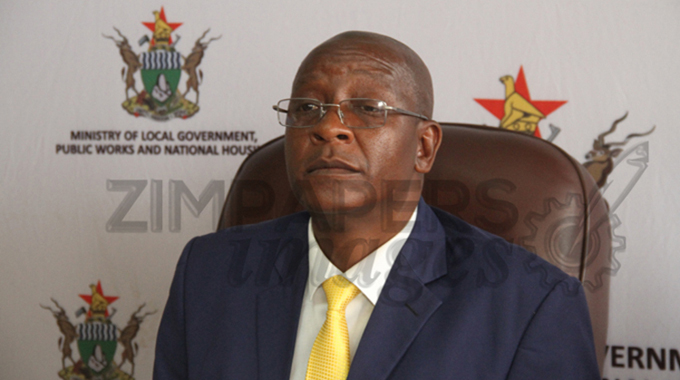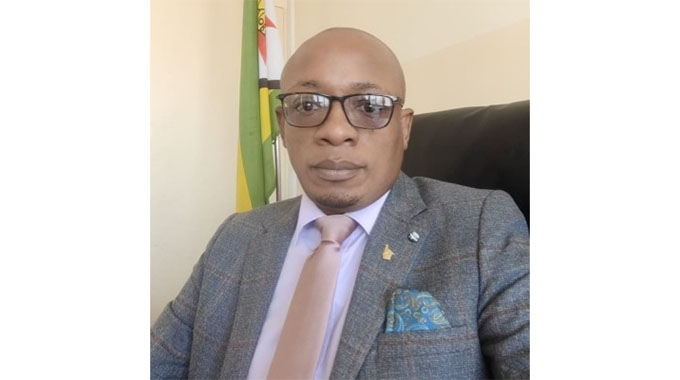ConCourt Amendment Bill to give AG right to challenge litigants

Herald Reporter
The Attorney General will have an automatic right to be heard before the Constitutional Court hears a challenge on the validity of the supreme law, a Cabinet minister has said.
Justice, Legal and Parliamentary Affairs Minister Ziyambi Ziyambi said the Constitutional Court Amendment Bill would make it mandatory for the AG to be heard once a litigant approaches the Concourt seeking the nullification of any law.
Justice Ziyambi said this last Thursday during debate on the Constitutional Court Amendment Bill in the Senate.
“Litigants in the recent past have on several occasions approached the Constitutional Court to invalidate this or that law as being unconstitutional, without giving the Attorney-General adequate notice of such proceedings,” he said.
“The Attorney-General being responsible, among other things, for the drafting of legislation, is a vitally interested party whenever it is sought to show that a law was improperly or invalidly enacted for any reason.
“Clause 22 of this Bill makes it clear that the Attorney-General has an automatic right to be heard by the court on that issue.”
On another issue, Higher and Tertiary Education, Innovation, Science and Technology Development Minister, Professor Amon Murwira told the senators that universities and colleges should abide by a directive to levy students on industrial attachment only 40 percent and not the full fees.
Prof Murwira was responding to a question from Sen Angeline Tongogara (Zanu PF), who had asked what the Government’s policy was regarding provision of tuition fee subsidies, considering high university drop-outs.
He said Government was bound by the Constitution, which required that all practical steps be taken to ensure access to higher and tertiary education.
Prof Murwira said Government had provided safety nets to protect vulnerable students pursuing their studies in various education and training institutions through the Government backed Student Loan Facility, and university student vacation part-time employment arrangements were doing very well.
“Furthermore, the Government has reduced tuition fees of students on industrial attachment and teaching practice by 40 percent to promote access to inclusive and quality education in line with Vision 2030,” he said.
“The objective of providing the Government backed Student Loan Facility is to ensure that no student is left behind. The loan facility is available and I do not know of any student who has applied and was denied the loan.
“Therefore, as a Ministry, we are not expecting any drop-outs since Government has created a fall back plan through the Government backed student loan facility.”
Responding to another question, Health and Child Care Deputy Minister Dr John Mangwiro said decentralisation of electronic recruitment had started with the Ministry’s head office superintending.
He had been asked what Government policy was regarding recruitment of nurses in the context of devolution.
“E-recruitment is a national programme and our headquarters IT Department has the capacity to run the e-recruitment system and provide appropriate servers,” said Dr Mangwiro. “There are so many issues to be addressed by IT specialists.
“Decentralisation has already started and short-listing which is done on rotational basis at institutions with schools involved and interviews are done at different schools of nursing, the national team is there to co-ordinate the process. Deployment is then done and candidates posted to schools as per location.”









Comments